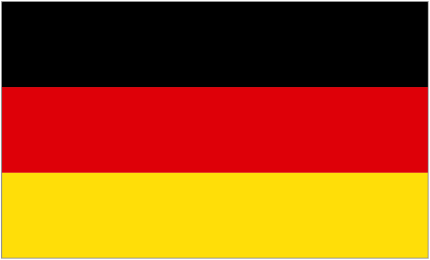

Clean Energy
Noun.
Definition: Energy that does not pollute the atmosphere when used
Germany

Germany's renewable energy sector is among the most innovative and successful worldwide. The share of electricity produced from renewable energy in Germany has increased from 6.3 percent of the national total in 2000 to about 25 percent in the first half of 2012.
Germany is an EU leader in wind utilisation, PV, solar thermal installations and biofuel production. Its onshore wind capacity covers approximately 50% of the total installed capacity in the EU. A stable and predictable policy framework has created conditions favourable to renewable energy penetration and growth. Feed-in tariffs for renewable energy sources, market incentives and tax exemptions for biofuels have proven a successful policy mix leading to a very dynamic market for renewable energy sources. Therefore, strong government policies are the main reason for its success.


Additionally, the policies adopted by the German government have done much to boost this particular industry as well — the government has provided incentives to homeowners to encourage the installation of solar panels as solar panels are costly to install and hence may deter people from installing it in the first place. Hence, it is evident that the German government has been rather proactive in making the use and generation of renewable / alternative energy a profitable investment as opposed to the imposition of an extra cost or burden on people in general. The creation of legislation and regulations to promote solar energy has also played a part — for example, the Renewable Energy Sources Act requires Germany’s utility companies to purchase electricity from solar start-ups at rates higher than the retail value, making it easier for solar companies to make a profit.
Policies include feed-in tariffs, which is a policy mechanism designed to accelerate investment in renewable energy technologies. Initially, it was thought that the high feed-in tariffs in Germany would result in a similar situation as the one observed in China where the renewable energy industry had become unprofitable. However, Germany has announced lower feed-in tariff levels for 2012, 15% below 2011 -- which means that since 2004 support for solar power in Germany, on a price per kilowatt-hour basis, has declined over 57%.
The newly revised feed-in tariff levels are part of planned and well-announced series of decreases, taking place as the dynamics of the renewable energy market in Germany changes and more comes online.